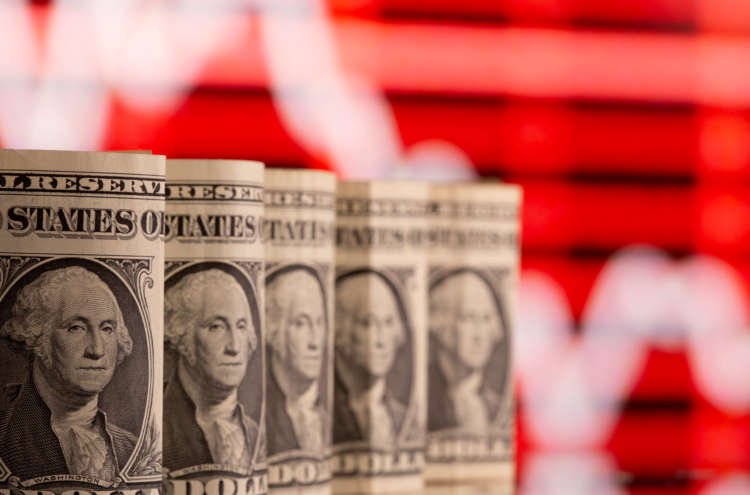Trading
Dollar claws back losses as U.S. yields stabilise
Published by linker 5
Posted on March 10, 2021
1 min readLast updated: January 21, 2026

Published by linker 5
Posted on March 10, 2021
1 min readLast updated: January 21, 2026

Explore more articles in the Trading category











